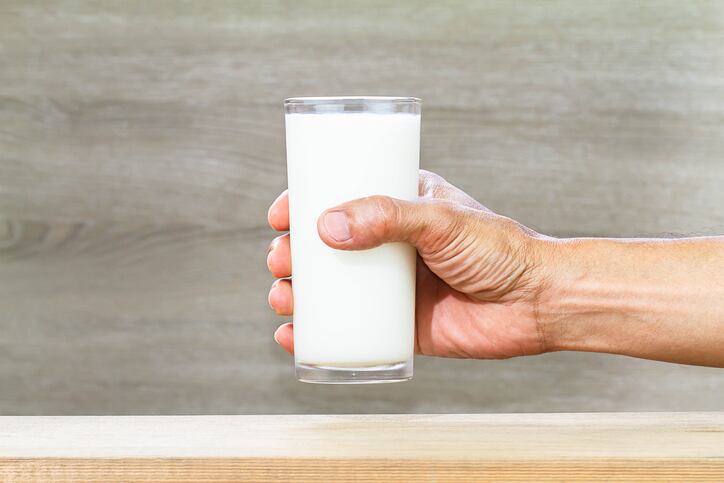Wildman founded the IPB to bring together experts in the protein field, where they develop consensus statements and compile scientific protein evidence that is available in a global format.
“We need to rethink it globally,” Wildman told DairyReporter, so consumers get a better grasp on the purpose of protein RDAs, and how “they may be inadequate to support optimal health for the body.”
RDA guidelines only cover protein intake in general, which is set at about 0.8g of protein per kilogram of body weight. But milk protein differs from plant protein, and dietary needs like healthy aging, weight loss and sports performance all require different levels of protein.
But dairy is the king of protein, according to Wildman, and no other source is sufficiently threatening its dominance in the market.
Wildman said IPB is creating greater clarity and awareness related to protein because no one else has yet adequately taken on the task. In his view, protein is the most important macronutrient for supporting health, fitness, and wellbeing throughout the lifespan. But he also wants to be cautious of not going too far, and coming to too many strong conclusions or over-communicating the protein message.
The 2010s were known as the ‘decade of protein’ among the industry, and Wildman said some protein sources that were previously misunderstood are becoming better understood and more mainstream.
In his opinion, plant proteins remain with their challenges with regards to potency, amino acid composition and digestibility. Their basis is to produce carbohydrates, and dairy has the edge in the protein landscape because “milk is highly digestible and efficient in its nutritional transfer.”
However, Wildman remains optimistic that in the years to come, plant proteins will be better understood and processed and will have the potential to make a significant contribution to daily protein needs.
Plants are already well-known in health and wellness nutritional capacities in the body, like providing fiber, supporting the gut microbiome and providing vitamins and minerals. They just have some catch-up and work to do in order to make a greater impact in meeting daily protein needs, Wildman said.
As a nutritionist, he advises people to build their meals beginning with protein foods, which often come from animal sources including dairy foods. Plant-based foods can contribute some protein, and in addition provide other health and wellness promoting nutrients to make the meal even more nutritious. Wildman is involved with leading protein-based nutrition product companies including Dymatize and Power Bar.
The majority of revenue from the collection of these brands is related to and driven by milk-based protein. Wildman thinks this is a great time for dairy as a protein source and ingredient, because it is both at the forefront and in a ride along capacity.
He projects that there will continue to even more dairy-based ingredients that can be used to produce high and moderate protein foods without high calorie counts, further elevating awareness for for high protein needs.



